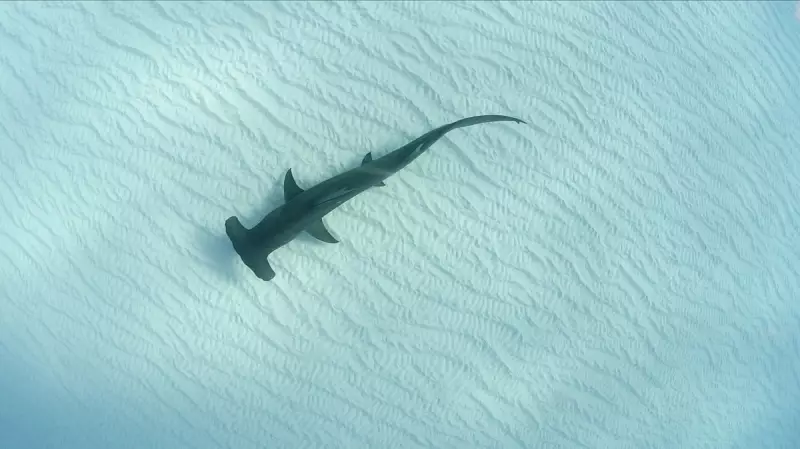
A disturbing new study has uncovered that critically endangered shark species, including the iconic hammerhead and oceanic whitetip sharks, are making their way into Hong Kong's markets despite international protection laws. This alarming discovery raises serious concerns about the effectiveness of current conservation measures and the ongoing threat to these vulnerable marine predators.
The Shocking Findings
Researchers conducting genetic analysis of shark meat and fins in Hong Kong markets made a startling discovery: protected species that are supposed to be shielded from international trade are still being commercially sold. The study identified:
- Scalloped hammerhead sharks - listed as critically endangered
- Oceanic whitetip sharks - also classified as critically endangered
- Multiple other protected species in the shark fin trade
Why This Matters for Ocean Ecosystems
Sharks play a crucial role as apex predators in maintaining healthy ocean ecosystems. Their removal from marine environments can trigger catastrophic effects throughout the food chain. The continued trade of these protected species threatens to:
- Disrupt marine biodiversity and ecosystem balance
- Push already vulnerable species closer to extinction
- Undermine international conservation agreements
- Damage global efforts to protect marine wildlife
The Conservation Challenge
Despite being listed under the Convention on International Trade in Endangered Species (CITES), these sharks continue to be traded illegally. The study highlights significant enforcement gaps and monitoring challenges that allow this illegal trade to persist. Hong Kong, as a major hub for shark fin trading, faces particular scrutiny in addressing these conservation failures.
The presence of these critically endangered species in local markets indicates that current protection measures are insufficient and that stronger enforcement mechanisms are urgently needed to prevent further depletion of shark populations worldwide.





